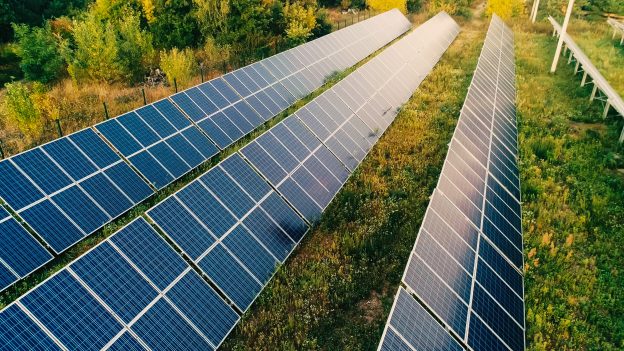The Czech government may revise PV subsidy plans by cancelling most of the solar subsidies starting from 2014 and mapping out the ceiling power price to solve the issues regarding increasing power price. Currently, the draft legislation is still being assessed by the Czech parliament. According to EnergyTrend, a research division of TrendForce, from what the Czech government is trying to do now – cancel PV subsidy and set the ceiling price, it shows that the potential financial burden and increasing power price have become serious issues for the Czech government.
The wide promotion on renewable energy may indirectly trigger power price to go up. As observed by EnergyTrend, due to higher generation cost on renewable energy compared with conventional power and the rising penetration rate of renewable energy, the generation cost has also been raised for power companies. Besides, installing a large amount of renewable energy systems will bring huge burden to grid companies’ operating and system securities, and thus boost the companies’ operating maintenance expenses. In addition, relevant nations’ surcharges also increase each year. Based on Germany’s experiences, the surcharge fee increased as the accumulated amount of PV system installations increases each year. In order to maintain profit, manufacturers have started to transfer the cost burden to the consumers, which affect the living expenses for the general public. Therefore, people have begun to pay more attention to the increasing power price.
On the other hand, the accelerated growth of PV and other renewable energy in Europe is positively correlated to Europe’s subsidy plans. However, the economic recession has brought down the momentum in Europe. The long-term subsidies brought by accelerated growth of the system installations can be quite a pressure towards relevant nations’ financial affairs. Furthermore, due to the 20-year fixed-rate subsidy and the rapid decline on the power generation cost, a large number of investors have decided to invest because of the stable and outstanding ROI rate. But given that over-investment may lead to market bubbles, the countries that widely promote renewable energy (such as Europe and USA) have continuously revised subsidies downward or even cancelled the subsidies.
Judging from the spot market’s overall performance, which causes poly price to continuously increase. For silicon wafer, the price of normal-grade multi-si wafers continues to drop. For mono-si wafer, this week’s price is unchanged from last week. For module, being pressured by both first/third-tier manufacturers, second-tier manufacturers face price dilemma.







